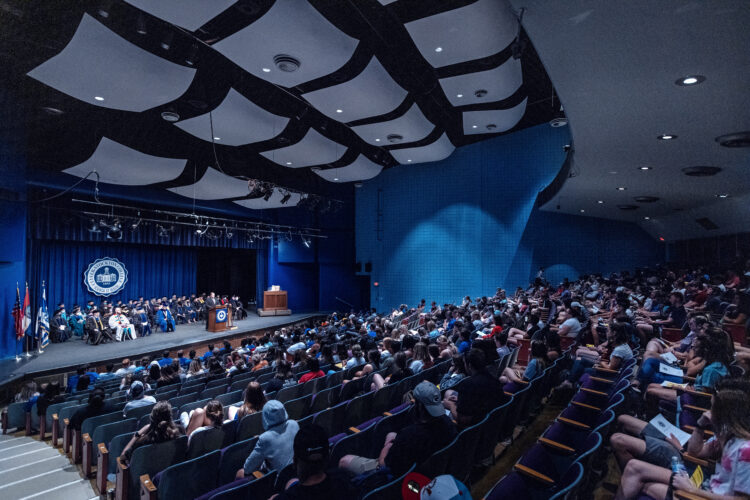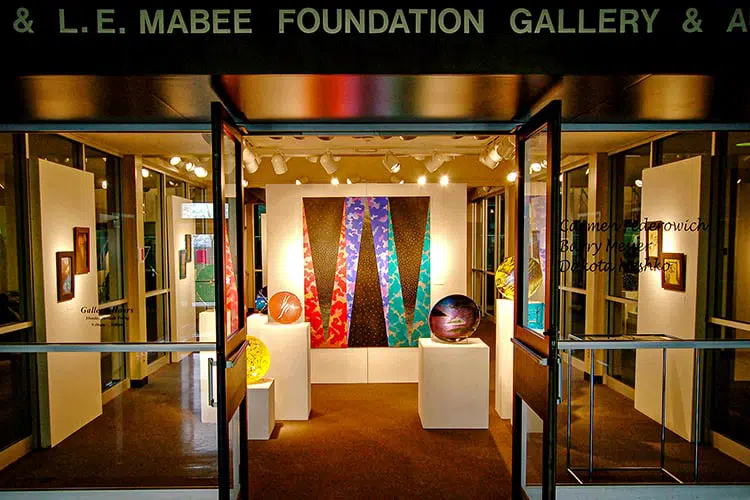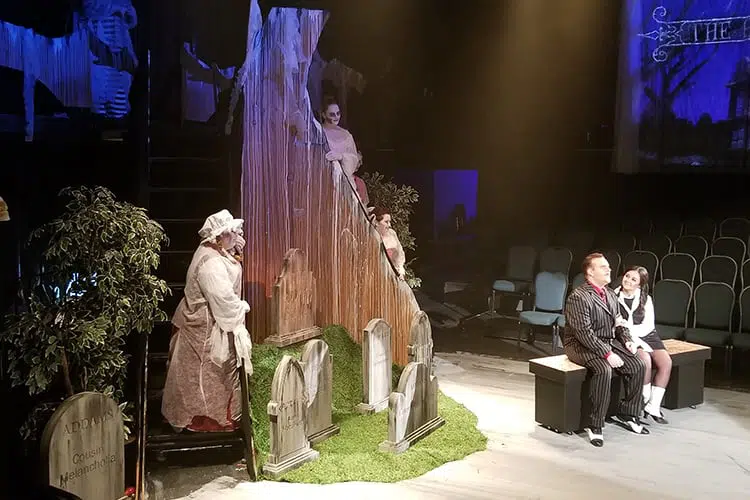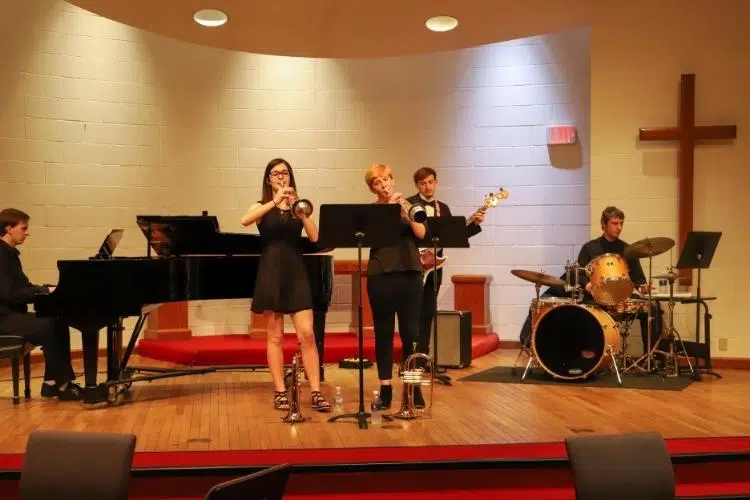High School Drama is Real
Taking courses from our communications, theatre and education department, you will develop the skills you need to become an in-demand high school teacher who will inspire your students. You will practice your own skills in debate, public speaking and theatre productions, both in front of an audience and behind the scenes. With your experience, you will be prepared to step into a classroom and give your students the confidence to speak and act in public. Those communication skills are highly sought after by employers from every college graduate.
The C-SC Difference
From your freshman year, you will be placed in a high school to observe and learn about your future career. In your sophomore and junior years, you will not only observe, but begin to practice with short lessons in two more schools. Finally, your senior year you will be placed into a student teacher position where you will be able to work under a master teacher and gain confidence to take the first step into your future teaching career. Simultaneously you will have wonderful opportunities beginning your freshman year to be a part of theatre performances. You will learn skills in acting, but also makeup, costumes, lighting and scenery. You will develop your own confidence within your coursework and best of all, we offer scholarships for students in our fine arts program.
What can I do with a Speech & Theatre Education Degree?
You will have experience on stage and backstage to share with your students.
3+2 M.Ed. Program
Beyond the Classroom
-
Student Experiences
- Culver-Stockton Student Teacher Organization (CSTO)
- Theta Alpha Phi – Theatre Honors Fraternity
- Travel Study courses offered frequently
- Service learning within theatre
- Opera workshops
- Musical ensembles
-
Professional Experiences
- Freshman through Junior Classroom Observations
- Student teaching in your senior year
- Multiple theatrical performances each year
- Summer theatre work as actors, crew or designers
Information About Our Minors
Pairs well with minors in Music, Art, Communication, Psychology, Criminal Justice, English, History, Music and Finance majors. The opportunities build confidence in communicating that is vital to many degree holders.





